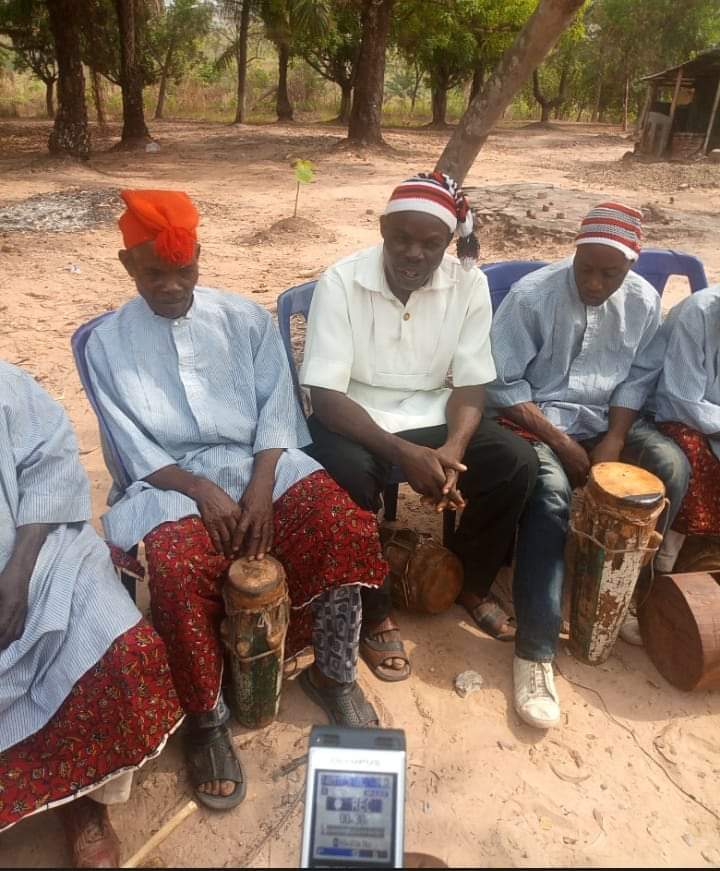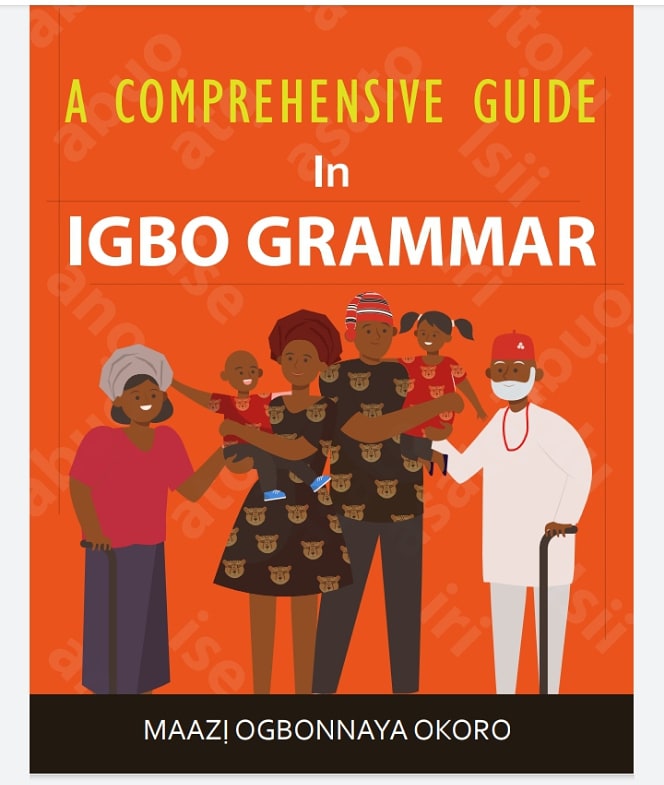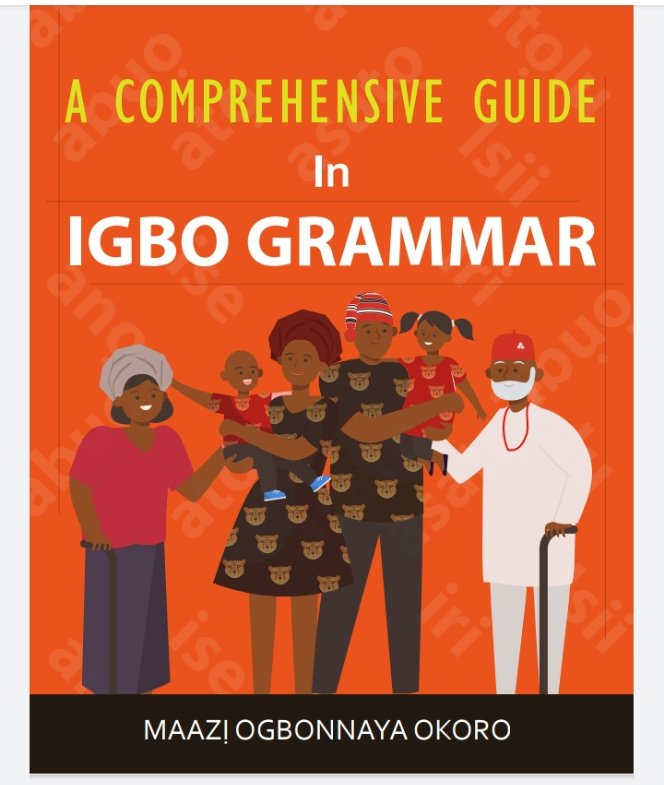
This was my hand holding a recorder as I was interviewing some elders behind Oji Anya Lere Cultural Dance Group, Amasịrị some years ago. Those cap on their head represent different age grade. I will be writing extensively about age grade system and how it's represented by cap 

in some part of Igbo land. The ones with normal cap in this picture are between 45-75 years. The man in a different cap is between 75-95. There are cap for 95-105, 105—
You dare not wear this cap in this community for fashion sake. You can't try it. Dem never born you.
You dare not wear this cap in this community for fashion sake. You can't try it. Dem never born you.
This is not about being rich, you must be initiated into an age grade before and such culture must be respected.
This is the way I toured Igbo communities even yours. The day I will describe your village for you e go shock you. I did this immediately and after my NYSC.
This is the way I toured Igbo communities even yours. The day I will describe your village for you e go shock you. I did this immediately and after my NYSC.
I never wanted to work for anybody but for myself. I needed to develop myself more even though I had close to 50 books before I turned 23. All the money I made through books and my freelance activities lie in traveling and researching. Some would assume I had no savings or
no plans for my future. I was called "jegede" "wakaabout". Mana onye ara na uche ya so.
I knew that professors in Nigeria are not getting enough grants for research. Nigeria's universities as regard extensive funding of research are jokes.
I knew that professors in Nigeria are not getting enough grants for research. Nigeria's universities as regard extensive funding of research are jokes.
I have read every significant books on Igbo history written 1920s to 1970s. Universities still use the same books till tomorrow. How can I dwell in research of over 50— 100 years ago and feel satisfied without further finding?
This was my conviction to travel and fund my own research with or without anybody. With or without any institution/affiliation.
How about migration? Who migrated from who and from where? How does migration work?
How about migration? Who migrated from who and from where? How does migration work?
What are the unique culture amongst some Igbo communities that are different from others? Are they significant semblances between communities that show bloodlines?
With fact and history I have right now, it's time to document them.
Remember, Amasịrị is a neighbor to Edda.
With fact and history I have right now, it's time to document them.
Remember, Amasịrị is a neighbor to Edda.
Edda and Ọhafịa are brothers. None see blood. There is cultural unification in this axis. Nnachioke, the progenitor of Edda was a great warrior. You cannot mention Ọhafịa without warriors.
I will be writing about different villages Ọhafịa founded scattering in different states in Igbo land, e go shock you. For those of you looking down on someone because he's not from your state. You don't even know that you are insulting your blood.
The Arọ migrated and settled even amongst the Idoma of Benue State. Hardly will you find Igbo community without Arọ settlement.
Not to digress.
If you come to Ebọnyị State, Afikpo people don't joke with culture: both Ehugbo and Amasịrị.
Not to digress.
If you come to Ebọnyị State, Afikpo people don't joke with culture: both Ehugbo and Amasịrị.
They have the highest number of aged men in the state. You will see men of 100 years plus, still walking strongly to attend their age grade meeting. I ain't kidding. I saw one in one community I went with Ugwumba TV to record cave that shielded the community during the war, I
shouted: "this man look like Biblical Moses". His rod was bigger than that of Moses. He walked like a giant. I was told through his cap, he's from 100 years and above. Still strong!
I have been trying to research why these traditionalists live longer and age gracefully.
I have been trying to research why these traditionalists live longer and age gracefully.
I learnt the principles of ọfọ na ogu. They keep their hands clean. Forget the way nollywood paint out elders. They make it look every man on red cap is evil and land grabber.
Let me not digress...
These traditionalists don't eat anyhow.
Let me not digress...
These traditionalists don't eat anyhow.
They watch everything they eat and drink. They eat natural foods. They don't consume sugary things. These guys are the real scientists and philosophers. When you speak with them, listen to their wealth of knowledge and history,
of course when one is sound and convincingly tells a story, you will know. These knowledgeable elders are the real historians in their own clan. Now, you draw from them, gather from other communities, enough info.
I recorded many conversations, even those on myths and legends of the ancients. I gathered a research and history about a certain Igbo man who disappeared through smoke. His name was Ọbasị Nwozieme.
Damn....Igbo is deeper than you think.
Damn....Igbo is deeper than you think.
Some giants and extraordinary humans once lived here, this is not matter of Folktales. Every community in Igbo land has myths and legends. In Igbo studies, under oral tradition, the term is called nkọkịrịkọ na nkọmịrịkọ.
I paused.
I paused.
• • •
Missing some Tweet in this thread? You can try to
force a refresh





